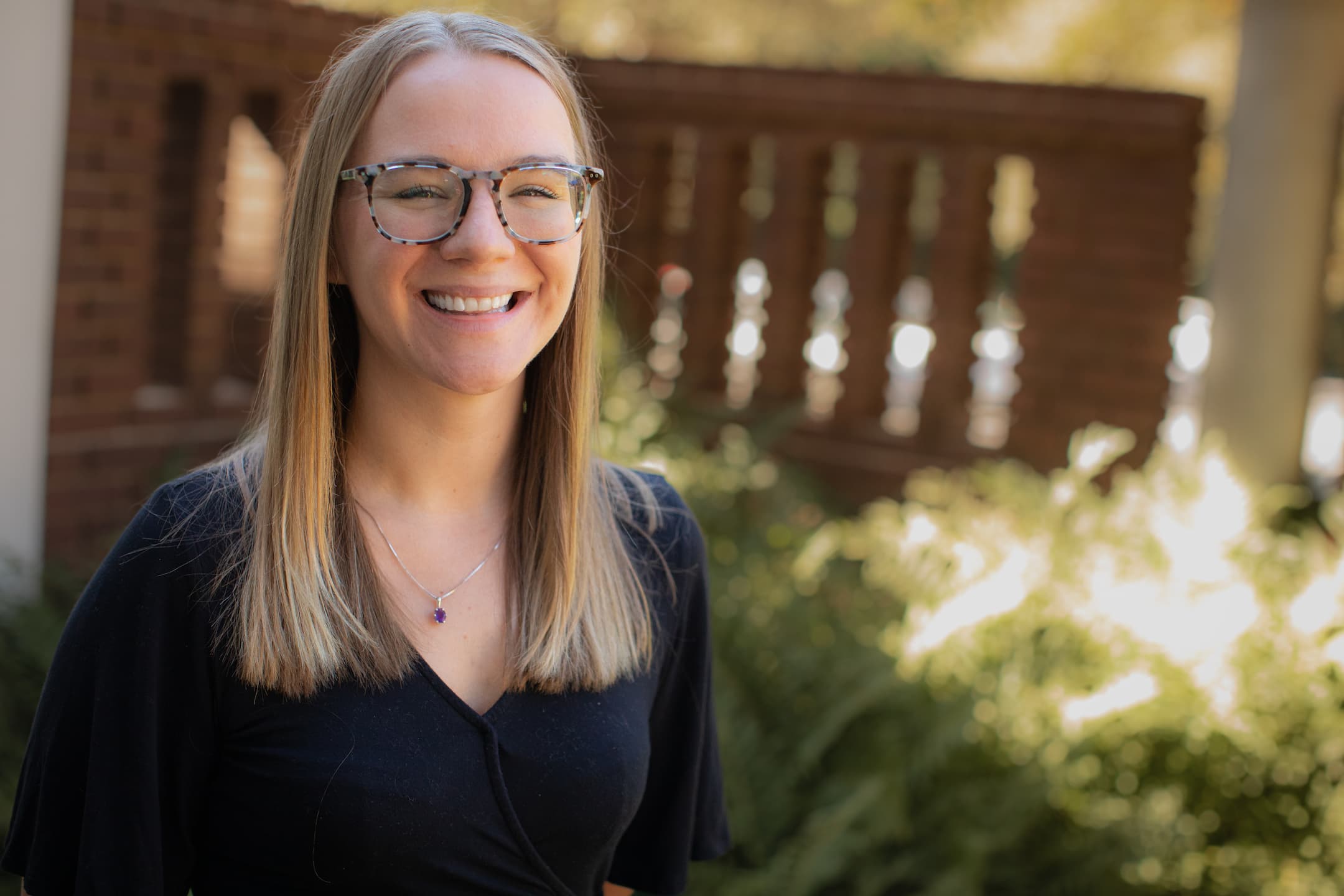
In my field, I get to think about these big philosophical questions and think about them creatively and experimentally.
Assistant Professor
I teach the core classes in the Interdisciplinary Qualitative Studies Graduate Certificate Program as well as electives like Visual Inquiry, Narrative Analysis, and Theories in Qualitative Research. I enjoy these classes because it is a unique opportunity to think with students through their research puzzles or inquiry, thinking deeply about questions of ethics, knowledge, and power.
I believe that how we produce knowledge matters, and methodology – the choices you make along the way and why you make those choices – is integral to the production of knowledge. In my field, I get to think about these big philosophical questions and think about them creatively and experimentally.
As a methodologist, I am interested in the production of knowledge, and how the choices that we make in our research matter in how we come to know and encounter the world. For me, pedagogy is intimately entangled with methodology – in the classroom, as in research, choices have ethical and epistemological implications. Thus, I aim to facilitate spaces where students approach research design as a process of questioning and interrogating the choices they make and how they are entangled in the production of knowledge. Grounding this desire, my teaching philosophy draws from my work with the Sustained Dialogue Institute (SDI), with which I have served as an associate since 2015. When facilitating a dialogue workshop, we begin by reading aloud the following quote by Hal Saunders, founder of SDI, who was a key drafter of the Camp David Peace Accords:
“Dialogue is a process of genuine interaction through which human beings listen to each other deeply enough to be changed by what they learn. Each makes a serious effort to take others’ concerns into their own picture, even when disagreement persists. No participant gives up their identity, but each recognizes enough of the other’s valid human claims so that they will act differently toward the other.”
Listening deeply enough to be changed by what you learn, recognizing one another’s valid human claims, and taking others’ concerns into their own picture – these are values that guide how I think about teaching critical qualitative research. My teaching philosophy, then, emphasizes (1) a critical and reflective approach to thinking methodologically and (2) facilitating spaces where students are invested in their own learning, growth, and development.
I hope that through my classes, students move beyond an application of methods to think methodologically – to critically consider how their choices in their research design matter, and grapple with questions of ethics and power in their own research project.
In my spare time, I love gardening, sewing, and reading, and am always on the lookout for a new book. I especially like speculative and science fiction books!
